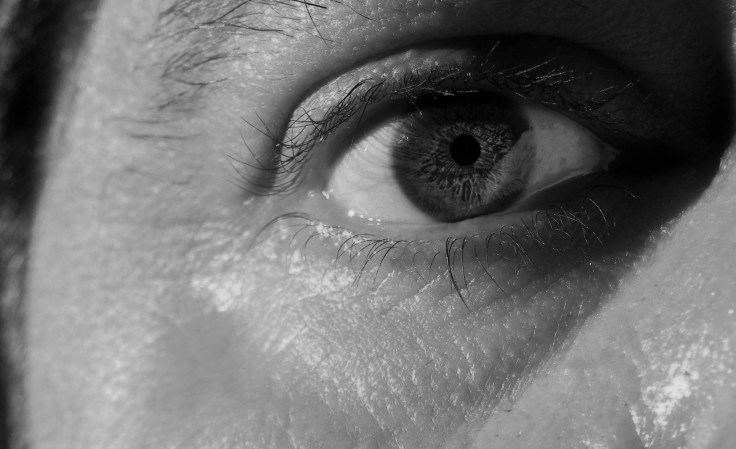New Cognitive Function Test May Be Able To Detect Early Signs Of Alzheimer's

Soon enough, we might be able to tell how well our brains are working with a simple flicker of a light.
That’s the hope generated by a small-scale pilot study recently published in the Archives of Clinical Neuropsychology this September. The team of researchers, hailing from the University of Georgia (UGA), devised a simple test intended to measure how fast we can visually process information, an ability that has long been believed to indicate our overall higher cognitive functions, such as problem solving, task-organization, and reasoning.
The study and test design brought together researchers from both UGA’s Neuropsychology and Memory Assessment Laboratory and its Vision Sciences Laboratory. "We knew that sensory function is important for cognitive function, and we had a unique opportunity with this collaboration," said study author Catherine Mewborn, a doctoral candidate in UGA's Franklin College of Arts and Sciences department of psychology in a statement released by the university.
The test goes like this: Participants are asked to peer into a device that features two different wavelengths of light that alternatively flash with one another, creating the illusion of one singular light flickering on and off. "The flickering starts out very slowly, and almost everyone can see that," Mewborn explained. "During the test, the frequency of the flickering light would change, becoming faster. It'd continue to speed up and eventually go so fast that at some point the flickering can't be seen anymore, and it just looks like a solid circle of light."
The exact point at which it stops moving for any one person is meant to measure their critical flicker fusion (CFF), which is then translated as a measure of executive function. Because it’s known that the later progression of age somewhat slows down that skillset, Mewborn and her team tested two groups of participants: one college-aged (72 participants, averaging 21-years-old) and one elderly (57 participants, averaging 72-years-old). In addition to the flicker test, all their subjects were tested explicitly for “global cognition, and several cognitive subdomains.”
As expected, age did predict lower CFF scores. Once taking that into account, however, they found that “CFF predicted executive function across both age groups and accounted for unique variance in performance above and beyond age and global cognitive status.”
It’s a great first step for the UGA team, though one that will need further verification. Should things continue to progress smoothly though, it may lead to a less lengthy process for testing someone’s mental faculties. "If I wanted to know something about your cognition in relation to your risks for dementia, I'd have to give a very long test or an MRI. But if you can test for dementia by testing visual processing speed, that's very easy and quick," said study co-author and director of the Vision Sciences Laboratory, Professor Billy Hammond."We used a method that didn't have a lot of the past limitations of other studies, and it could measure this speed much more accurately. If I show you a flickering light, and it flickers faster and faster, until it doesn't flicker, that is pretty objective, with a lot less variability."
Mewborn said of their research’s future, "The next step would be to look at these same sorts of tasks and see whether or not it could predict individuals who are beginning to show early signs of cognitive impairment, such as early signs of Alzheimer's disease."
Source: Mewborn C, Renzi L, Hammond B, et al.Critical Flicker Fusion Predicts Executive Function in Younger and Older Adults. Archives of Clinical Neuropsychology. 2015.
Published by Medicaldaily.com



























